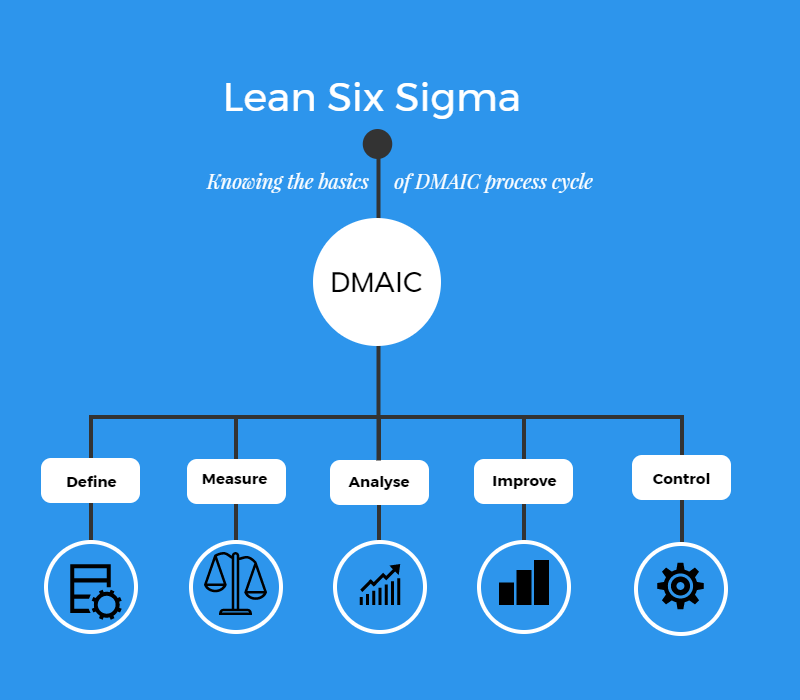Lean Six Sigma Green Belt
All organisations at every point of the time aim to earn profit which is essential for all businesses to survive. The organisations used to count on the experience of the professionals who handled the projects of these organisations. Since the last few years, this way has been given up and new techniques such as the Lean Six Sigma, TOGAF and Six Sigma are being adopted. Lean Six Sigma is an amalgamation of two methodologies - Lean and Six Sigma. Lean Six Sigma has since its induction helped reduce waste and increase the productivity of the organisation.
This training– the Lean Six Sigma Green Belt – is the second course within the horizons of the Lean Six Sigma training. Any candidate who wishes to opt for the Green Belt training course and has already covered the fundamentals in the Yellow Belt course stands to gain more than those who are altogether new to Lean Six Sigma. A professional who possesses a Green Belt certification is capable of leading the Yellow Belts and in turn being guided by the Black Belt professionals. A delegate who starts directly with the Green Belt course is first required to cover the Yellow Belt syllabus and thereafter the Green Belt concepts.
We at MSP Training make sure that on the completion of the Green Belt course, delegates are able to handle their projects in the organisation independently and without any difficulty.
MSP Training
Using DMAIC to remove waste processes






